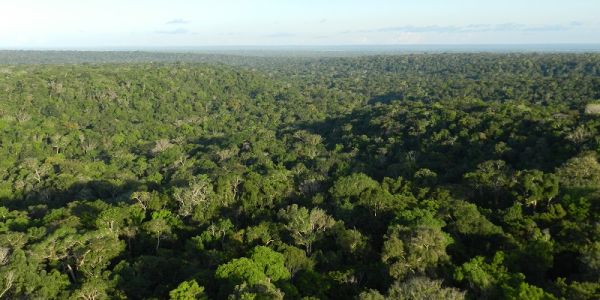
Carbon uptake by Amazon forests matches region's emissions
Carbon emissions across all nine Amazon nations have been fully matched by carbon absorption by mature Amazon forests since the 1980s, new research shows.

Carbon emissions across all nine Amazon nations have been fully matched by carbon absorption by mature Amazon forests since the 1980s, new research shows.

A new report is calling for the UK to be more self-sufficient in food production, in the wake of continued global uncertainty and reliance on food produced elsewhere in the world.

New research based on Precambrian rocks provides insight into how life evolved alongside changes in the chemistry of Earth’s surface.

A comprehensive new handbook about weather forecasting in West Africa could help safeguard lives and resources in the region.
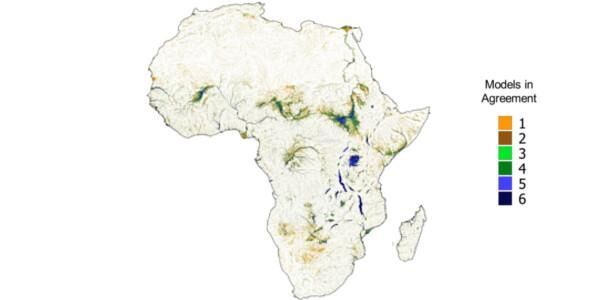
The first ever comparison of six of the major global flood risk monitoring computer models has revealed wide discrepancies between the information they provide.
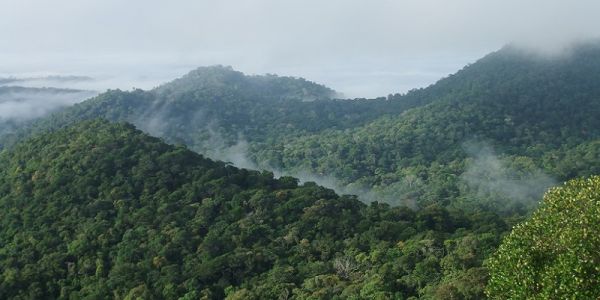
A focus on policies to conserve tropical forests for their carbon storage value may imperil some of the world’s most biologically rich tropical forests.
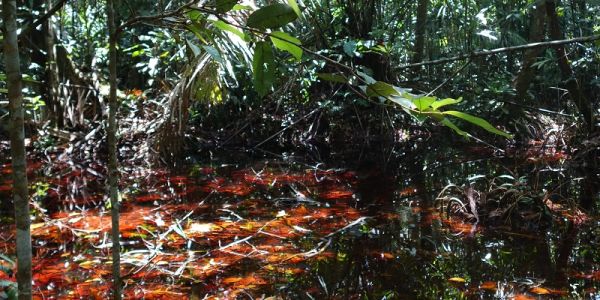
A vast peatland in the Congo Basin has been mapped for the first time, revealing it to be the largest in the tropics.
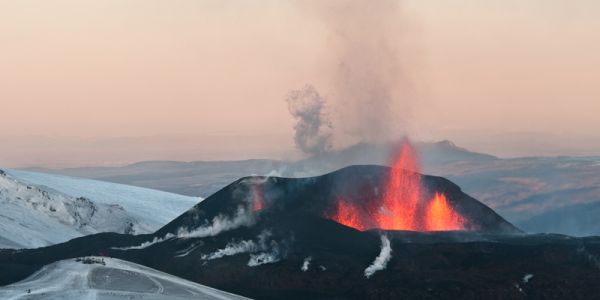
Holidaymakers concerned about fresh volcanic eruptions causing flight-disrupting ash clouds might be reassured by a study setting out the first reliable estimates of their frequency.

A jet stream within the Earth’s molten iron core has been discovered by scientists using the latest satellite data that helps create an ‘x-ray’ view of the planet.
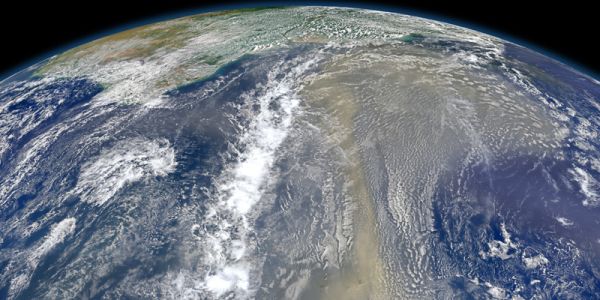
The way in which man-made acids in the atmosphere interact with the dust that nourishes our oceans has been quantified by scientists for the first time.